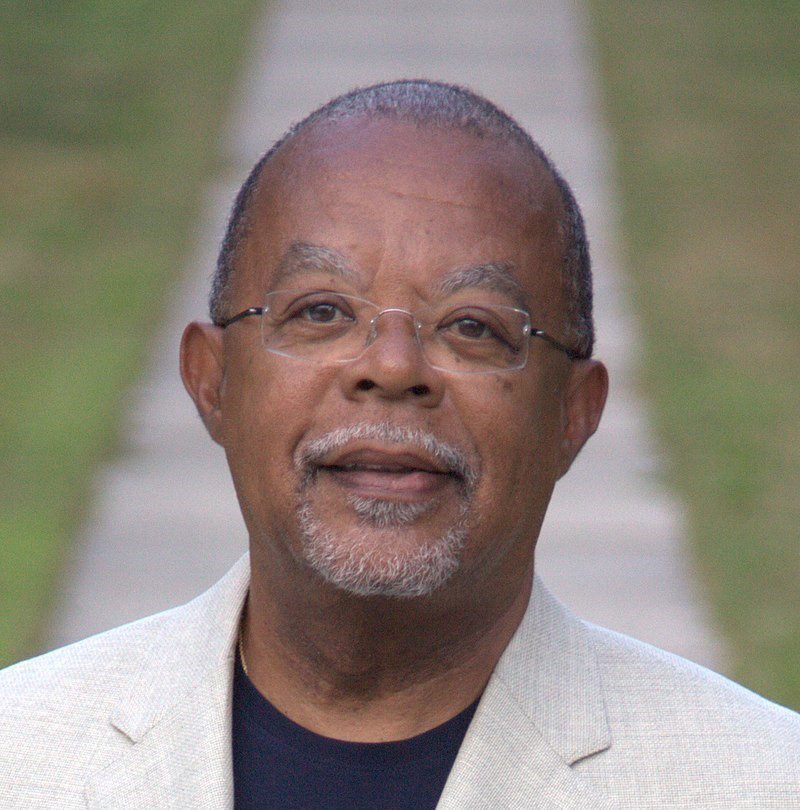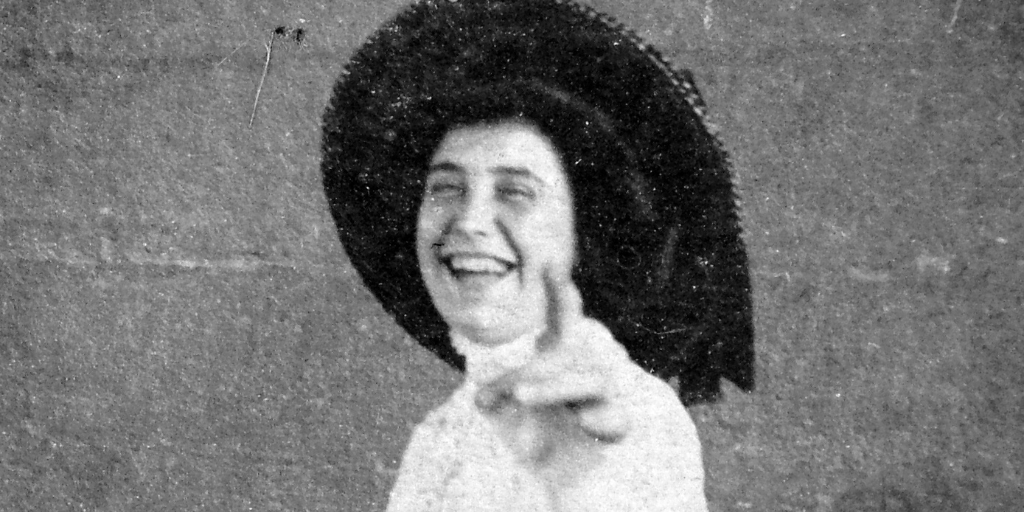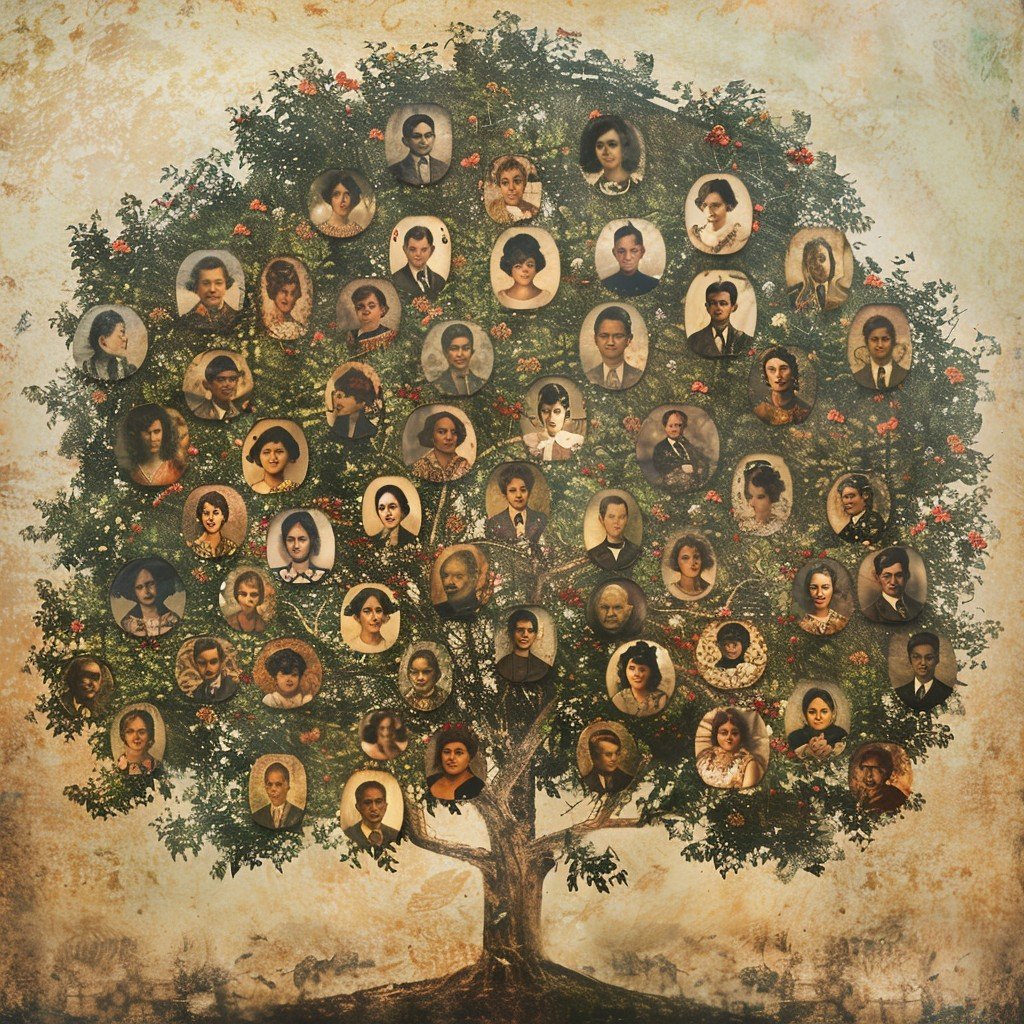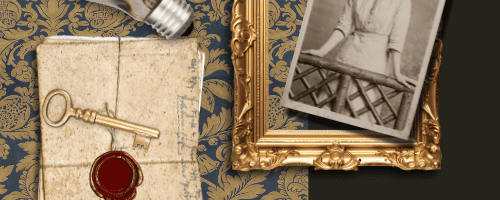A Childhood Full of Stories, and Big Questions
Henry Louis Gates Jr. was born in 1950 in the tiny town of Piedmont, West Virginia. On a map, it’s easy to miss: a quiet spot tucked into the Appalachian Mountains. But for young Henry, it was a world alive with voices, memories, and stories that reached far beyond the town line.
His mother, Pauline Augusta Gates, taught him to value education and never miss an opportunity to speak up for himself. His father, Henry Sr., worked at the local paper mill by day and moonlighted as a janitor. He was quiet, but deeply proud of his military service, though like many black veterans, he returned home to a country that didn’t treat him equally.
In that household, storytelling was sacred. Family tales – the funny, the tragic, the mysterious – were passed down like heirlooms. They weren’t written in books or typed up on neat charts. They lived in memory. Gates soaked them up, learning early that knowing your family’s story meant knowing your own worth.
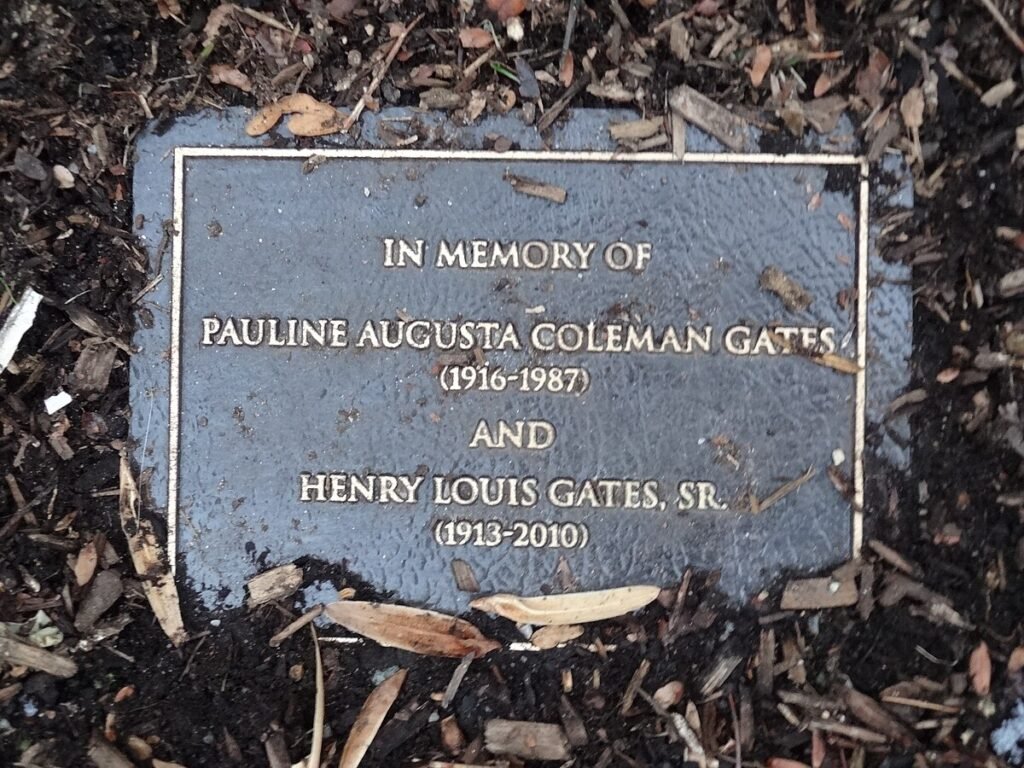
Chasing Identity Through Academia
He didn’t start out as a genealogist. First came the literature. After earning degrees from Yale and Cambridge, Gates carved out a name as one of the most influential literary scholars in America. He dove into black literature with reverence and precision, publishing works that helped bring underrepresented voices into the academic spotlight.
But underneath it all, that childhood fascination with identity and origin never really left him. If you ask him (and many have), he’ll tell you that African American families have long struggled with a painful gap in their ancestry. Slavery, displacement, systemic erasure – they’ve all created silence where stories should be.
And so Gates set out to fill those gaps. Not just for himself, but for everyone who wanted to know more than what school textbooks had to offer.
From Scholar to Suspect: The Gates Arrest and Its Legacy
In 2009, Henry Louis Gates Jr. found himself at the center of a national debate when he was arrested at his own home in Cambridge. After returning from a research trip to China, Gates struggled with a jammed door and forced his way into his home with the help of his his driver. A neighbor called the police reporting what she believed was a possible break-in, and that’s when Sergeant James Crowley arrived, asked Gates to step outside, and tense words followed. According to the official police report, Gates, (visibly upset) responded with: “This is what happens to black men in America!” and even quipped, “I’ll speak with your mama outside” when asked to continue the conversation outside the home.
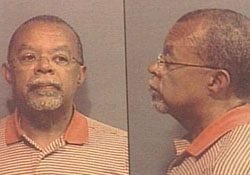
Gates was briefly arrested for disorderly conduct. The charge was dropped days later, and the incident escalated into a larger conversation about racial profiling, including a memorable “Beer Summit” hosted by President Obama to ease tensions. This incident became a defining cultural moment, illustrating just how even someone of Gates’ stature is not immune from scrutiny, and how personal identity and social history often collide in unexpected ways.
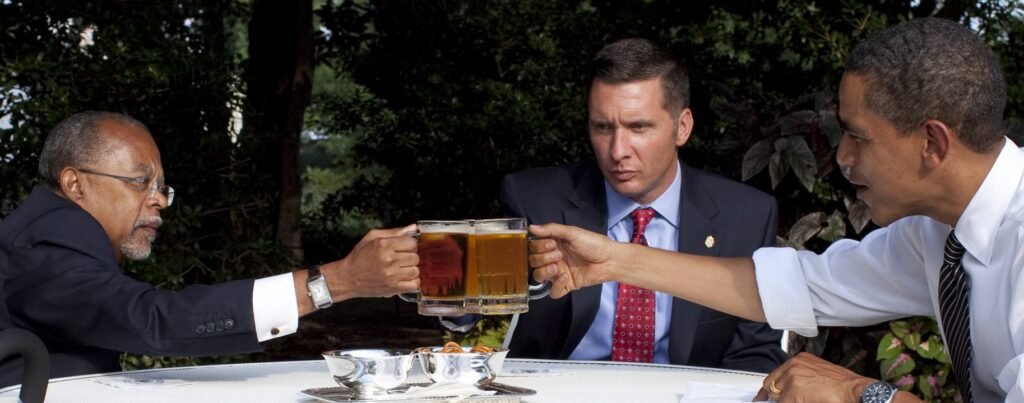
Finding Your Roots: A Show About Stories That Matter
In 2012, PBS aired the first season of Finding Your Roots. It wasn’t flashy. No special effects, no reality-TV drama. Just Gates, a guest, and a deep dive into that person’s ancestry. But wow, the impact…
There’s something almost magical about watching a celebrity uncover a long-lost ancestor, or discover they’re descended from enslaved people, immigrants, royalty, or revolutionaries. And Gates doesn’t just deliver the facts. He knows when to pause, when to let a discovery breathe, when to give space for tears or laughter.
The show blends traditional genealogical research (documents, records, archives) with genetic testing and expert storytelling. But what makes it unforgettable is the emotion. You can feel it when Gates gently tells someone their family was once owned by slaveholders. Or when someone finds a photo of a great-great-grandparent they’ve never seen before.
And through all of it, Gates is there, not as a detached historian, but as someone who knows how fragile and beautiful this kind of knowledge really is.
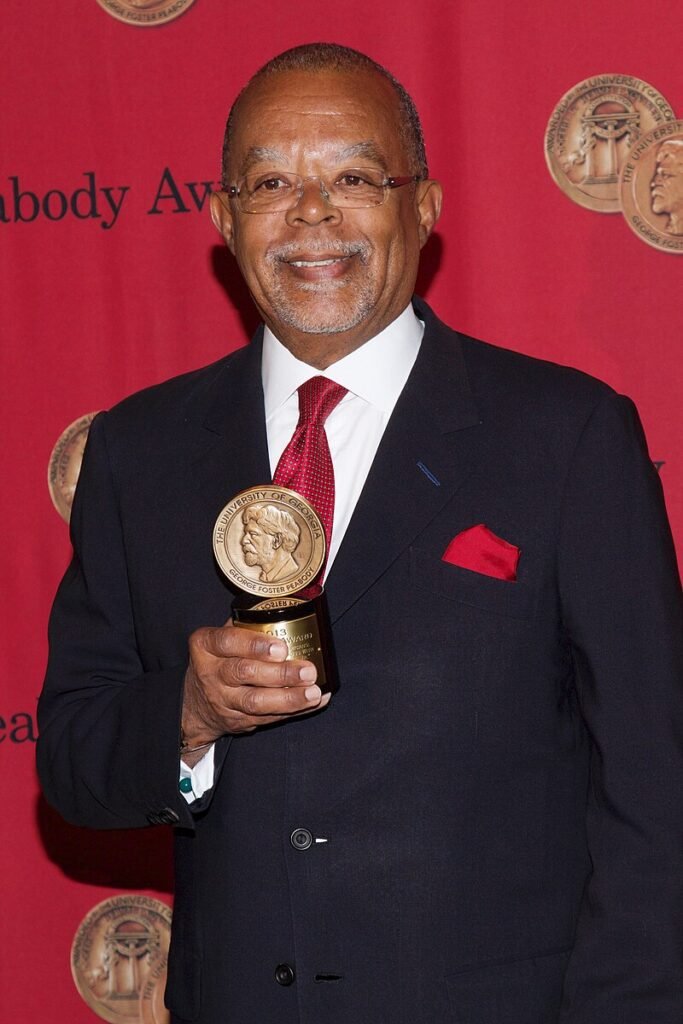
Why It’s Bigger Than Just a TV Show
Finding Your Roots isn’t just popular. It’s important. It helps restore family histories that were nearly erased, especially for African Americans whose genealogical records were destroyed or never created at all. Gates has made family history accessible, emotional, and deeply human.
In many ways, he’s also changed how Americans think about ancestry. It’s not just about names and dates. It’s about resilience, migration, memory, and connection. And he’s opened the door for people from all backgrounds to explore their past, even if they once thought it wasn’t possible.
He’s also used his platform to educate the public on DNA testing, historical records, and the complex (and sometimes problematic) history of race and classification in America. Always with that same goal: helping people understand who they are by learning where they come from.
Legacy, Influence, and the Work That Still Lies Ahead
Today, Henry Louis Gates Jr. wears many hats: professor, host, producer, writer, and public intellectual. He directs the Hutchins Center for African & African American Research at Harvard, writes op-eds that challenge the status quo, and still seems to find time to connect with everyday people who are just trying to figure out where they come from.
But beyond the awards and accolades, Gates’ greatest legacy may be the people he’s inspired. The kids who now see genealogy as something they can explore. The adults who find healing in learning their ancestors’ names. The families reunited with long-lost relatives, all because of one man’s curiosity.
He’s shown us that family history isn’t dusty or boring. It’s alive. It’s full of triumph and tragedy. And it’s ours, if we’re willing to look for it.
Final Thoughts
So, the next time someone says “genealogy is just for retired hobbyists,” tell them about Gates. Tell them about Finding Your Roots. Tell them that this work is bigger than trees and timelines, it’s about finding out who you are, and understanding how your ancestors helped shape the world you live in.
And if that doesn’t hook them, well… maybe they haven’t seen the show yet.

